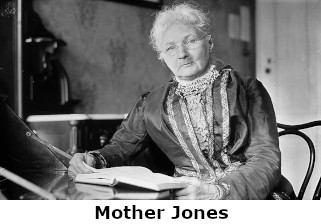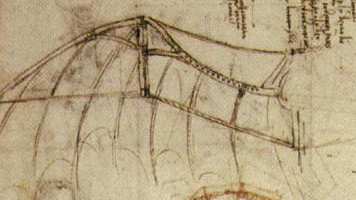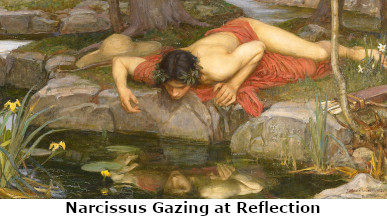Oscar Wilde? George Bernard Shaw? Ambrose Bierce? Charles Frederick Joy? Percival Christopher Wren? Anonymous?
Question for Quote Investigator: If you are attending a soporific party, and the host asks whether you are content you might reply with the following comically self-absorbed zinger attributed to the famous Irish wit Oscar Wilde:
“Are you enjoying yourself, Mr. Wilde?”
“Enormously, Madam, there’s nothing else to enjoy.”
This same quip has been attributed to the prominent Irish playwright George Bernard Shaw:
“Are you enjoying yourself, Mr. Shaw?”
“Yes—and that’s the only thing I am enjoying.”
Are either of these exchanges genuine? Would you please explore this topic
Reply from Quote Investigator: The evidence supporting an ascription to either Wilde or Shaw is weak.
The humor of this rejoinder rests on verbal ambiguity. The host’s inquiry “Are you enjoying yourself?” typically means “Are you experiencing enjoyment via conversation with fellow partygoers and via consuming the refreshments?”. The humorously contorted interpretation is “Are you deriving enjoyment from experiencing your own being?”
A matching joke appeared in 1883 in “The Times” newspaper of Philadelphia, Pennsylvania which acknowledged the “Boston Transcript” of Boston, Massachusetts. Emphasis added to excerpts by QI:1
Wrapped in his own originality: Young Goldy sat by himself in the corner, meditatively twirling his moustache, not noticing anybody and noticed by none. He was finally spied out by Brown, who approached and said, “You don’t seem to be enjoying yourself, Goldy, my boy.” “Oh, yes, I am,” replied Goldy in a languid manner: “enjoying myself hugely, old fellow; but kill me if I am enjoying any of these people, you know.”—Boston Transcript.
The identity of the joke creator was not given in “The Times”. It might be specified in the “Boston Transcript”, but QI has not yet seen the original context. Currently, the creator is anonymous. The same passage was reprinted in other newspapers in 1883 such as “The Times-Democrat” of New Orleans, Louisiana:2
Below are additional selected citations in chronological order.
Continue reading “Dialogue Origin: “Are You Enjoying Yourself?” “Yes, But That’s the Only Thing I Am Enjoying””









